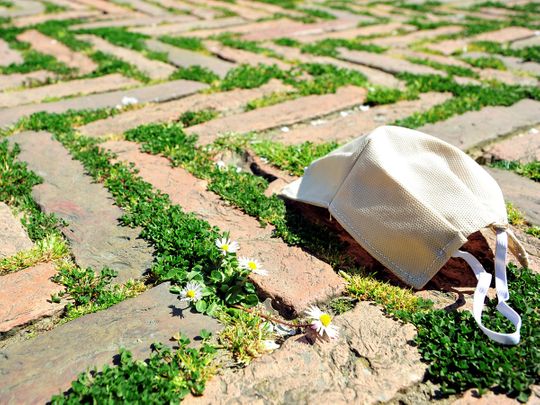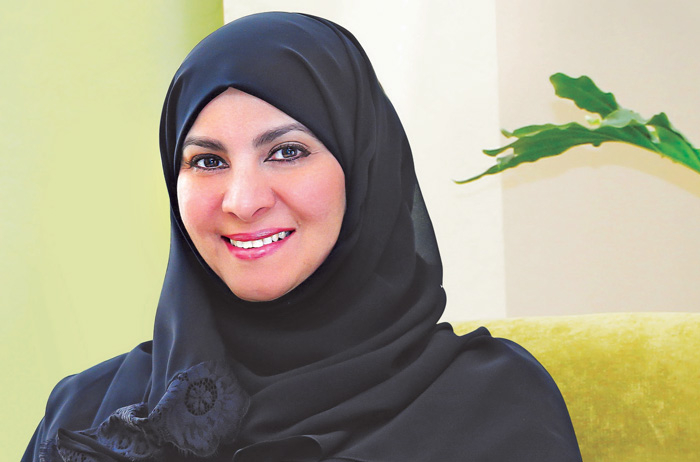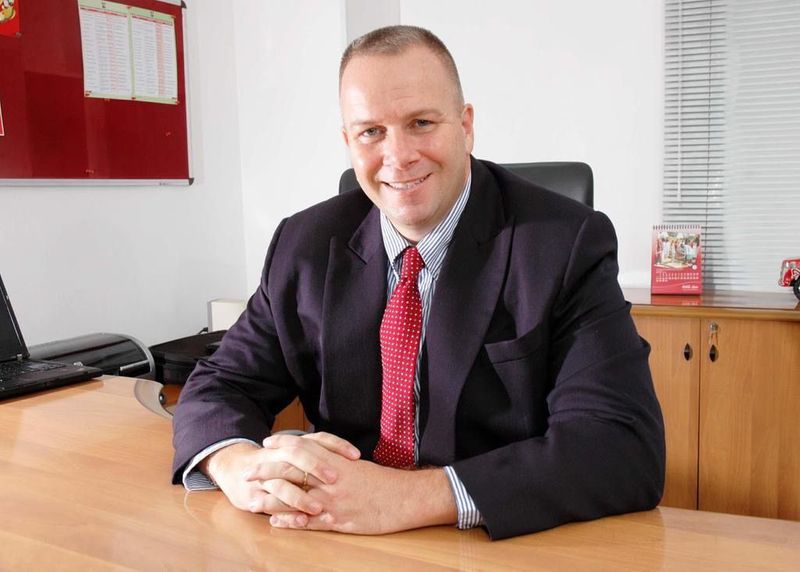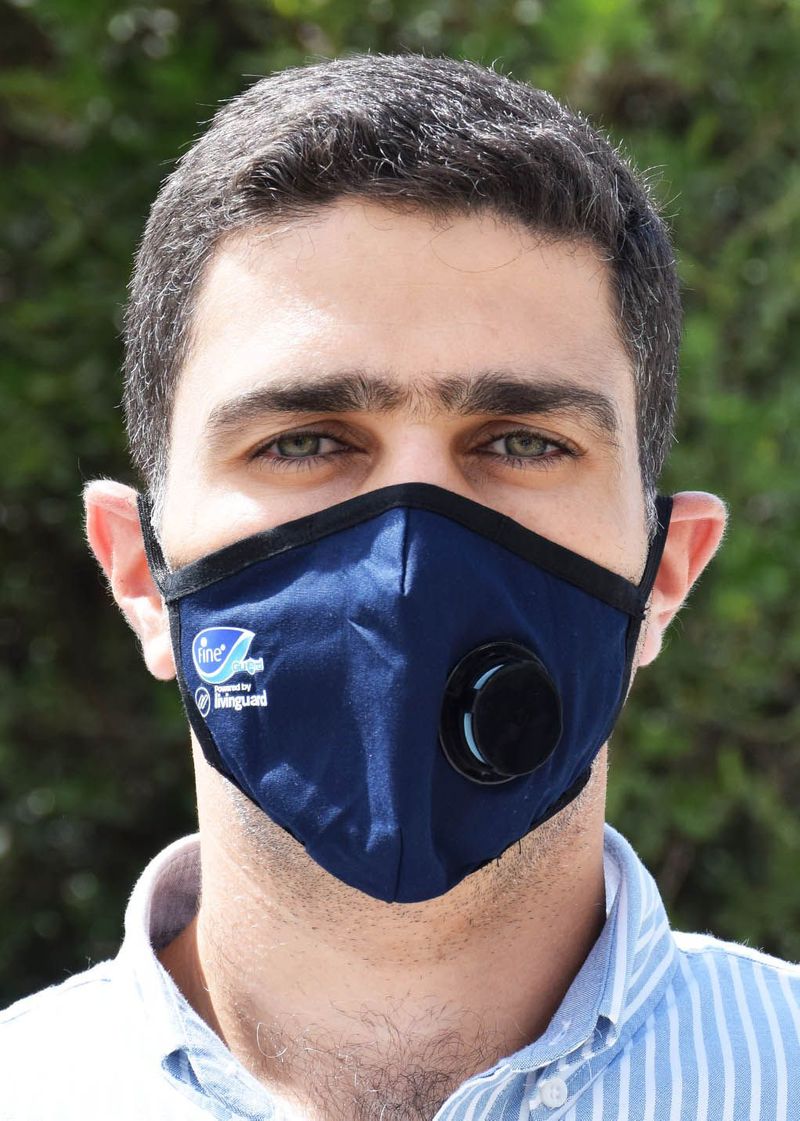
Coronavirus: Why you should not dump a mask on the roadside in the UAE
A look at the health, environmental and other implications; plus, are reusable masks good?
by Angel Tesorero, Staff ReporterDubai: With face masks now a must for anyone in public places, an Emirati environmentalist has appealed to the public not to throw used masks carelessly in the UAE
The hygiene implications apart, Habiba Al Marashi, chairperson of Emirates Environmental Group (EEG), who has deplored the dumping of masks on streets and outside the groceries and shopping areas, said, “Aside from disposable face masks and gloves, more people are using single-use plastic bags. The protective materials are lightweight and when disposed improperly, these items could clog the drainage system and end up as marine debris.

“Yes, we are in a very critical moment in the history of humanity, that is why we have to take all precautions and act more responsibly,” she added.
“I have noticed, although supermarkets have taken the effort to place trash bins, some people are just throwing disposable masks and gloves in the parking areas and on the streets,” Al Marashi pointed out.
She recommended the use of reusable protective gear not only to reduce trash and out of financial consideration, but also to protect the environemt.
“It is good to note that people are now using reusable masks and gloves. They use them when they go to groceries, then wash them properly and reuse,” she noted.
UAE authorities, meanwhile, have come up with plans to address the anticipated spike in waste materials generated because of the pandemic.
The Dubai Municipality has required companies to provide special bins for trashing personal protection equipment (PPE) waste while the UAE police have announced a fine of Dh3,000 for those who do not wear masks.
Throwing used masks and gloves is one way of spreading coronavirus, police noted.
James Michael Lafferty, CEO of Fine Hygienic Holding (FHH), a manufacturer of hygienic products headquartered in Jebel Ali and Amman, said, “We will exit this (coronavirus) crisis at some stage and we will have to think about what kind of a world we are going to end up with. Many disposable masks use non-woven plastics that do not degrade. Worldwide, billions, if not trillions of disposable masks are going to end up in landfills which will potentially be dangerously filled with pathogens.”

He said, “Reusable masks are a much more environmentally friendly option that will help us preserve our planet when this (pandemic) is all over.”
Reusable vs disposable masks
Lafferty said a reusable face mask that utilises anti-viral, anti-bacterial technology is a better alternative to hundreds of disposable masks used by just one person.
“We have often been asked ‘why don’t you make disposable masks’? It is a logical question for a company that manufactures paper products and it would seem to make business sense to many when prices for disposable masks range from $0.50 (Dh1.80) to $2 (Dh7.30) or more per mask,” he told Gulf News.

“But the catch is that disposable masks have a life of only eight hours and we will see costs really begin to add up as governments either mandate or advise on usage of masks in the public place,” he added.
Lafferty said: “Reusable mask is a safer and more economical option. Over a year, a consumer will save an estimated $700 by purchasing a reusable mask with an added layer of protection that can deactivate bacteria and viruses that may slip through the normal filtration.”
Lafferty said he has used textile technology in masks to effectively neutralises bacteria and viruses on a molecular level by using charged ions to render them inactive.
He said the Fine Guard mask has been designed for reuse for up to two years and can be washed up to 30 times with hand soap and warm water, offering a more sustainable alternative than disposable masks.
Single use for safety
Dr Saheer Sainalabdeen, specialist pulmonologist, Medeor Hospital-Dubai, told Gulf News: “Ideally the surgical mask and N-95 should not be reused. This is the guideline given by the US Centre for Disease Control and Prevention (CDC). There are reusable N-95 respirators - but these are minly used by people who work in factories or by firefighters. Hand-made masks can be reused but not surgical and general N-95.
“Face masks should not be thrown here and there - they carry germs - and when someone comes in contact with them, there is a chance of transmission of virus. There is also a chance of aerosolisation (production of airborne particles) or small amount of virus passed on in the air,” he added.

Dr Saheer Sainalabdeen
Dr Sainalabdeen underscored the need to dispose off the mask properly. “When removing your mask, first wash your hands so as not to pass the germs from your hands to your face. Take off the mask, fold it into a small roll, cover with tissue, then throw in a bin with lid,” he explained.
Reuse under certain conditions

Deepinder Singh Chhatwal
Deepinder Singh Chhatwal, head of Quality and Performance Management at Al Zahra Hospital Sharjah, for his part, said one major problem these days is that people feel masks, along with other protective gear, are in short supply.
“This is why the CDC and World Health Organisation have recently issued guidance allowing health care workers to reuse N-95 masks under certain conditions,” Chhatwal told Gulf News.
He said: “If you have a limited number of masks, you can create layers with a scarf for protection. This creates more of a barrier and you also protect your mask from getting contaminated by droplets. More importantly, if you are reusing a mask, you need to know when it’s time to let it go and safely dispose of it.
“If your masks are in limited supply, know that reusing them is not your only option to stop the spread of the coronavirus. Washing your hands, staying home, not touching your face and regularly cleaning surfaces in your home that other hands touch are other critical preventative measures,” he added.